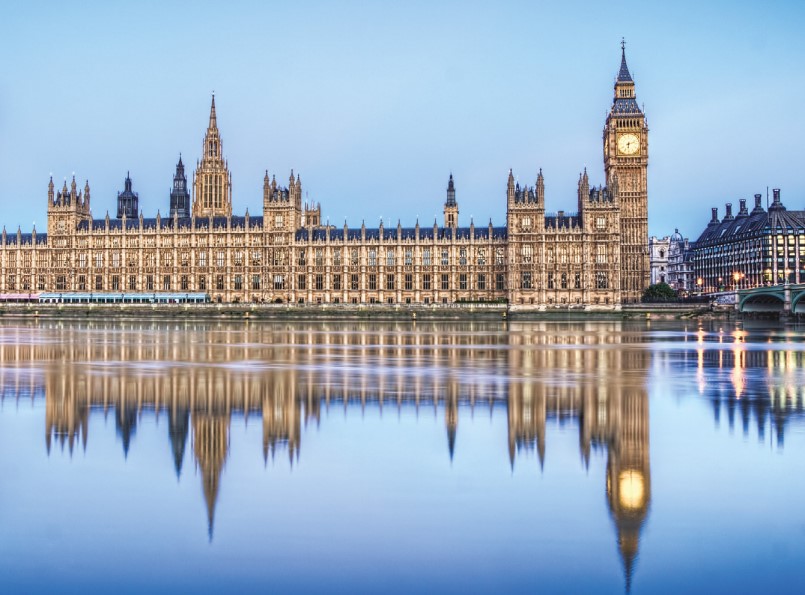Israel has this morning launched dozens of long-anticipated airstrikes against Iran targeting its nuclear programme, military facilities, and killing the head of the Revolutionary Guard and nuclear scientists, in a move that former NATO general Sir Richard Shirreff says could trigger serious regional escalation, and stall already fragile diplomatic efforts.
Commenting on the situation, General Sir Richard Shirreff, KCB, CBE, and member of the Healix Risk and Security advisory board, said Israel’s Operation Rising Lion targeted critical elements of Iran’s nuclear programme, with Prime Minister Netanyahu framing it as a strategic attempt to degrade capabilities.
“This morning’s Israeli strikes on Iran...were aimed at degrading key components of Iran’s nuclear capabilities, including its enrichment programme, weaponisation efforts, delivery systems, and elements of its military and nuclear leadership, according to Prime Minister Netanyahu,” Shirreff said, adding that the strikes may have damaged but not destroyed Iran’s infrastructure.
“The complex operation was conducted by the IDF under extreme pressure. While Iran’s nuclear enrichment infrastructure is likely to have suffered damage, it is unlikely to have been completely destroyed,” he said. “Follow-up Israeli raids are likely, as is retaliatory bombardment from Iran, which has already begun. However, Israel’s defences have shown resilience to such attacks in the past. Historically, Iran has tended to respond to Israeli or US strikes before de-escalating, partly to preserve domestic credibility. Israel has carried out previous strikes on Iran’s nuclear infrastructure with the aim of degrading and delaying the programme.”
The US is thought to have anticipated the move, though not its precise timing, according to Shirreff, who warns that nuclear talks with Iran are now likely to stall.
“The US is likely to have been aware of Israel’s readiness to launch such an operation in the near term – reflected in the recent evacuation of some personnel and dependents from US military bases in the region – though the exact timing may have taken them by surprise,” he said. “Ongoing US support for Israel is unlikely to be affected, with nuclear negotiations between the US and Iran likely to be suspended. The timing of the strike is likely to have been influenced by Netanyahu’s deepening domestic political challenges.”
Intense diplomatic efforts – including from Saudi Arabia, the UAE and other Arab states – will now focus on containing the risk of broader regional escalation, he added.
Meanwhile, global leaders, including UK prime minister Sir Keir Starmer, US president Donald Trump, German chancellor Friedrich Merz, and French president Emmanuel Macron have agreed to remain in contact regarding the unfolding situation.
Printed Copy:
Would you also like to receive CIR Magazine in print?
Data Use:
We will also send you our free daily email newsletters and other relevant communications, which you can opt out of at any time. Thank you.










YOU MIGHT ALSO LIKE